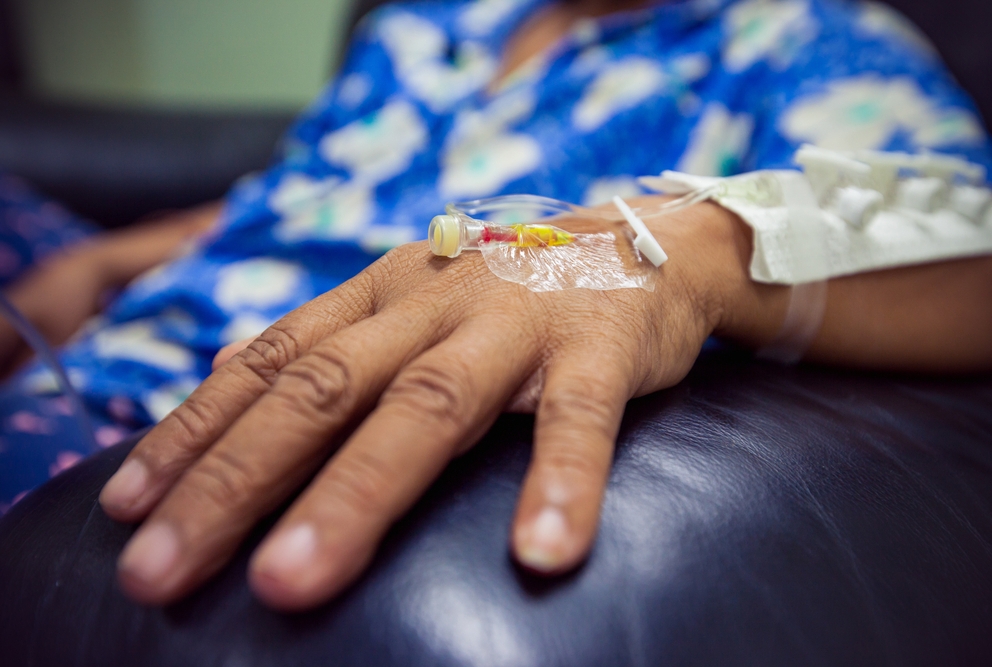
The COVID-19 pandemic will potentially lead to greater disparities in cancer care and outcomes among Black and Hispanic New Yorkers, according to a viewpoint article published in JAMA Oncology on Aug. 13 by Weill Cornell Medicine and NewYork-Presbyterian investigators. The authors write that higher rates of SARS-CoV-2 infection among Blacks and Hispanics will lead to delays in cancer treatment, and likely worse outcomes.
“We must commit to completing the cancer care of patients whose treatment was delayed as soon as feasible,” the authors write. To do this, they suggest ensuring cancer treatment is available regardless of ability to pay or insurance status through state, federal and institutional subsidies. In addition, they note it will be important to follow up with patients who have a diagnosis of cancer, suspect test result or a previously scheduled treatment, through navigation and tracking systems. They also recommend maintaining contact with patients who aren’t able to access telemedicine, using nurse navigators, community liaisons and social workers. Additionally, the authors recommend addressing the mental health toll patients may suffer when dealing with COVID-19 and cancer by screening for depression, anxiety and other psychological conditions, and referring patients for counseling.
Authors: Onyinye Balogun, Vivian Bea, Erica Phillips

